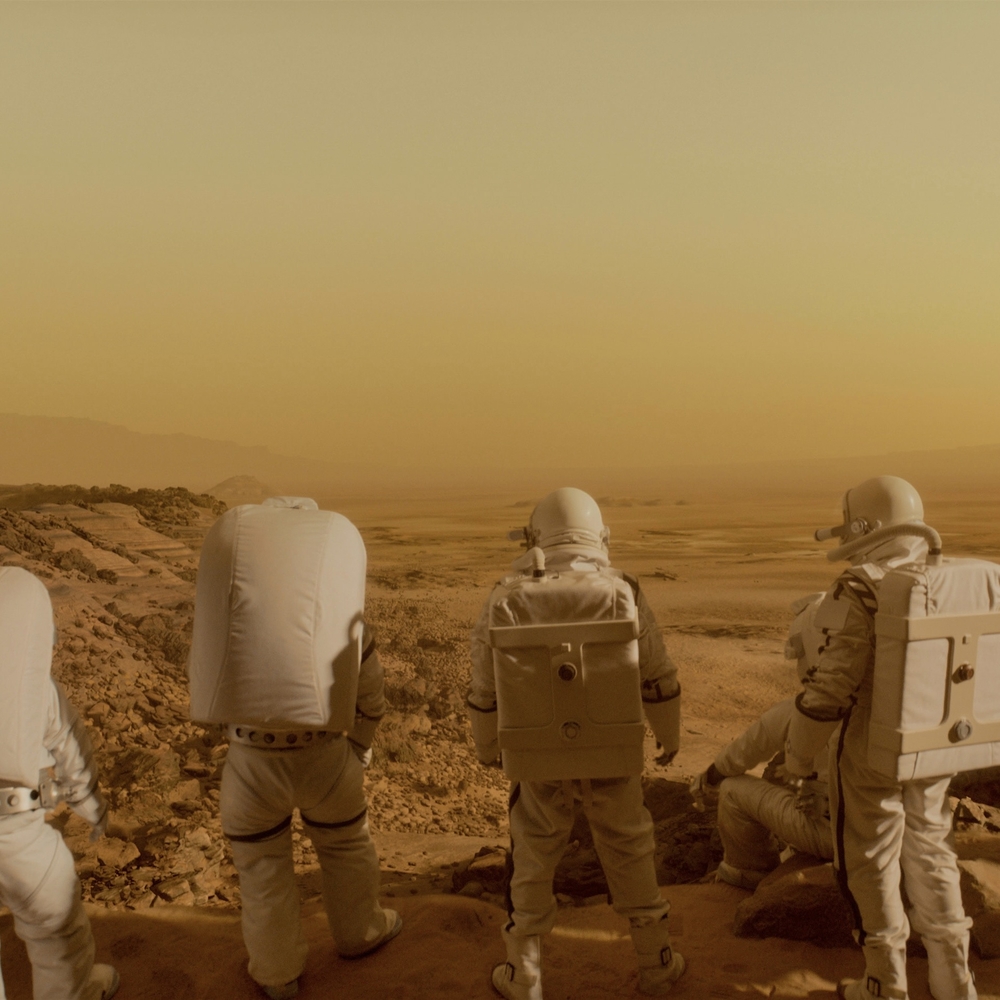For All Mankind isn’t the first time that Ronald D. Moore (the creator of the much-admired 2004 version of Battlestar Galactica) has delved into counter-factual or alternative history. In a 2011 pilot called The 17th Precinct—leaked but never officially released—he considered the possibility that magic and not science had become our primary way of dealing with the world, and he did this in the form of a police procedural, which might’ve shaken up that genre if it had been picked up. He fared better when he tried again: Moore turned the history of space and geopolitics upside down with For All Mankind (2019), which hypothesized that the Russians had been the first to land on the moon. Apple TV+ had so much faith in it that the show became one of a small handful included in its launch package. In the series’s first two seasons, For All Mankind has offered correctives to a handful of possibly regrettable facts, proposing not only that the first footprints on the moon were left by the East and not the West (one might wonder whether Vladimir Putin would be trying to make Russia great again if this had happened) but also that earthlings didn’t grow bored with the whole business in short order and that the lucky few who kept it up were a more diverse group. Whether the third season upholds the judgment of a Wired review that this show is “the best sci-fi of its era” I can’t say, not having seen any of the new episodes. But the show has a certain allure, and some of its cast members (especially Wrenn Schmidt and Sonya Walger) have been doing what may be the best work of their careers. Season Three, Episode One, of For All Mankind is available now on Apple TV+, with later episodes coming on successive Fridays. —John E. Branch Jr.
Arts Intel Report
For All Mankind

A scene from Season Three of For All Mankind.
Nearby



